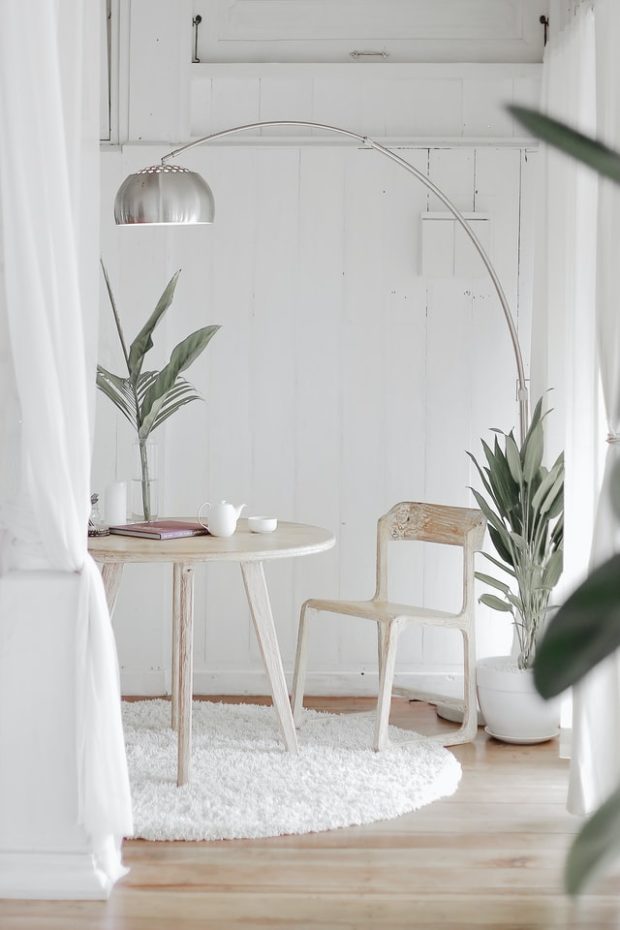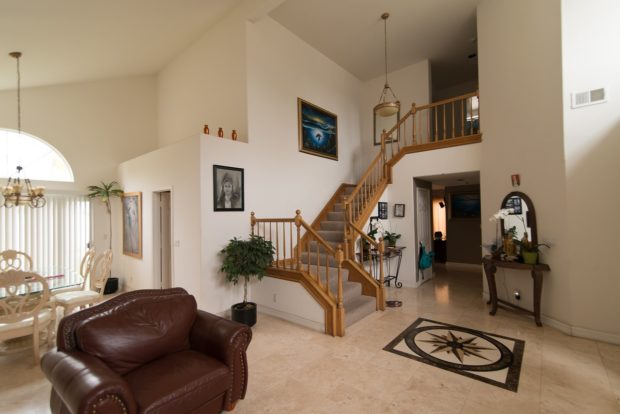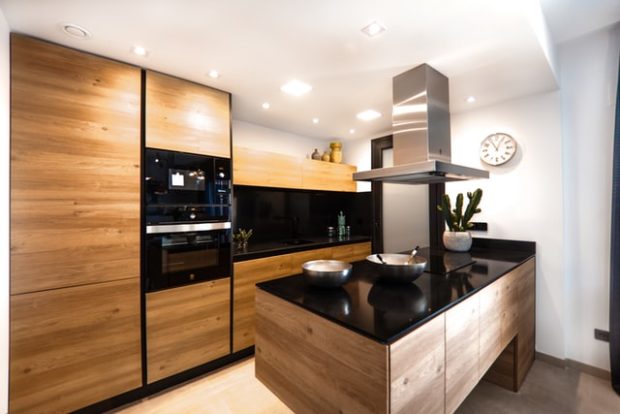The longer you live in your home, the easier it is to become complacent about health and safety and your wellbeing.
This is perhaps one of the reasons why almost 6,000 people die in home accidents every single year, while an estimated 2.7 million visit their local A&E department seeking assistance after an event in the home.
The question that remains, of course, is what steps can you take to make your home inherently safer? Here are some ideas to keep in mind!
1. Keep Things Organised and Tidy
We’ll start with the easiest and most straightforward step, and one that can be completed with expert health or assistance.
For example, it’s important to ensure that there are no loose rugs or wires that provide tripping hazards in the home, by utilising extension cables and utilising things such as TV stands to remove the risk of trailing wires.
Similarly, we’d recommend regularly replacing cables with new and fire-resistant products, such as those sold by RS Components. This is particularly important when you consider that electrical fires are one of the leading causes of accidents and injuries in the home.
2. Install Grips on the Stairs and in Bathrooms
It can also be tricky to navigate stairs in the house, while bathrooms may be hazardous thanks to the prevalence of wet conditions and hard materials such as tiles.
Children, pensioners and individuals who are taking medication may find it hard to concentrate while navigating a staircase, and the installation of grips and secure rails can really be worth their weight in gold.
You should also install grips in your bathrooms, while utilising the recommended tile grade in these spaces. This should help to enhance any existing grip and optimise safety levels.
3. Invest in Adequate Lighting
Lighting is also a key consideration when maintaining a safe and secure home, with accidents and injuries more likely to occur in dimly lit areas.
Motion sensor lights can be particularly effective when installed along their stairway, as they’ll be automatically triggered when you climb the stairs and enable you to navigate these safely at night.
This also negates the need to switch on the light manually, which can be hazardous when trying to navigate the landing or hallway in the dark.
On a final note, dimly lit areas can also suffer from issues such as mould damage, dust accumulation and pest problems. So, enduring these areas are properly lit represents a viable solution that serves as an effective preventative measure.
The post How to Make Your Home Safer appeared first on YourAmazingPlaces.com.





No comments:
Post a Comment